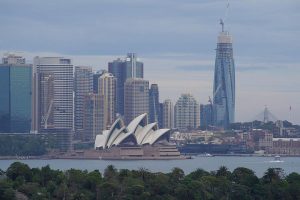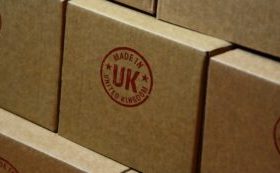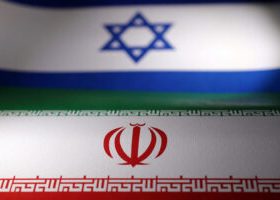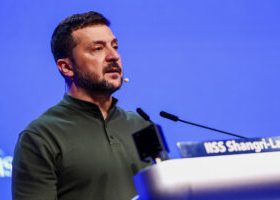SYDNEY — Australia will not ban Russian tourists from entering the country as part of sanctions on Russia over the war in Ukraine, Defense Minister Richard Marles said on Sunday.
Since the start of the conflict, Australia has sanctioned hundreds of Russian individuals and entities, including most of Russia’s banking sector and all organizations responsible for the country’s sovereign debt.
It has also supplied defense equipment and humanitarian supplies to Ukraine, while outlawing exports of alumina and aluminum ores, including bauxite, to Russia.
Asked if Australia would also ban Russian tourists, Mr. Marles said sanctions were aimed at Russia’s government, “not the Russian people themselves.”
“This is not something we are considering at the moment,” he told ABC television.
Mr. Marles refused to be drawn on whether Australia would provide more Bushmasters and other protected vehicles to Ukraine after a recent request from the Ukrainian ambassador to Australia.
“We will be looking at how we can provide that ongoing support,” Mr. Marles said, calling Australia “one of the largest non-NATO military support of Ukraine”.
Australia in July pledged 60 Bushmasters and 28 M113AS4 Armored Vehicles to Ukraine as part of more than A$385 million in military assistance.
Also on Sunday, Mr. Marles said Australia’s deal with the United States and Britain to build nuclear-powered submarines under an alliance dubbed AUKUS remained “on track”.
Australia in June reached a 555-million-euro settlement with French military shipyard Naval Group over its 2021 scrapping of a multi-billion-dollar conventional submarine deal in favor of nuclear-powered subs via AUKUS.
“We are confident we will be able to make an announcement about which submarine in the first part of next year,” Mr. Marles said, adding that it was important not to view the submarine acquisition process as “some kind of competition between the United States and the United Kingdom”.
“Both countries are working very closely with us to help us acquire this capability,” he said. — Reuters








